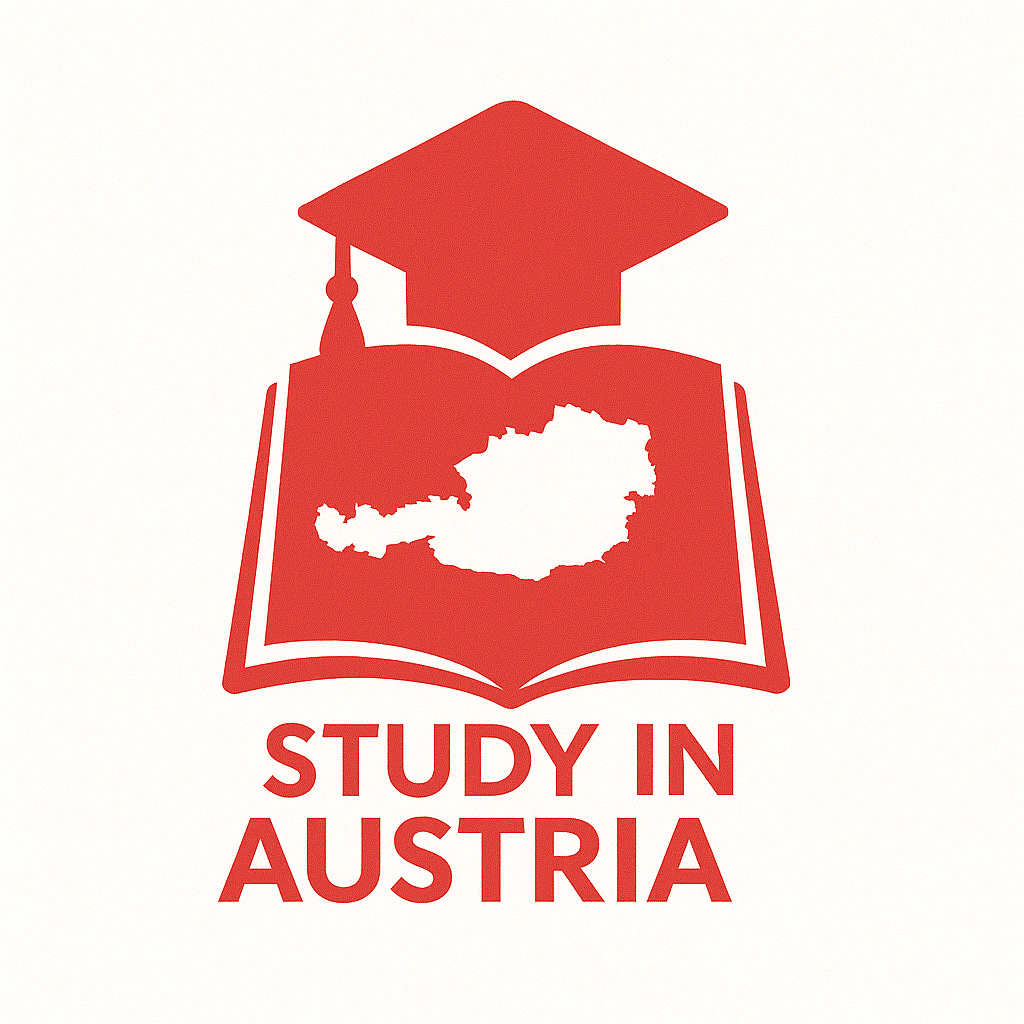Top 10 Must-Know Tips for Studying in Austria on a Budget
Quick Navigation
- 1. Choose Affordable Universities
- 2. Apply for Scholarships and Grants
- 3. Find Part-Time Jobs
- 4. Budget Your Living Expenses Carefully
- 5. Opt for Student Housing
- 6. Use Public Transportation and Discounts
- 7. Cook at Home and Shop Smart
- 8. Take Advantage of Student Discounts
- 9. Plan for Visa and Health Insurance Costs
- 10. Limit Spending on Non-Essentials
1. Choose Affordable Universities
One of the most significant advantages of studying in Austria is the relatively low tuition fees at public universities.
- Tuition Costs: Some public universities charge as little as €800 per academic year, making Austria one of the most affordable study destinations in Europe for international students.
- Recommendation: Research universities that offer attractive programs at lower fees and compare the benefits of each to ensure you’re making a wise investment in your education.
For more information regarding the universities in Austria, visit our University Information section.
2. Apply for Scholarships and Grants
Austria offers numerous scholarships and grants tailored for international students.
- Types of Financial Aid: Scholarships may cover tuition fees, living expenses, or both. Research various funding programs well in advance to take full advantage of available resources.
- Process: Be thorough in your applications; some scholarships require essays, transcripts, and recommendations.
Explore our Scholarships and Financial Aid resources for detailed listings and application guidelines.
3. Find Part-Time Jobs
Working part-time is a great way to supplement your income while studying.
- Job Opportunities: Common positions for international students include roles in hospitality, retail, and university-related work.
- Work Regulations: Ensure you are aware of the working hour limits for international students and the necessary permits. Most students can work up to 20 hours per week during the semester.
Check our Working in Austria guide for advice on finding suitable employment.
4. Budget Your Living Expenses Carefully
Understanding the cost of living in Austria is crucial for effective financial planning.
- Typical Monthly Costs: Students need to budget between €1,490 and €2,850 per month, depending largely on their lifestyle and chosen city.
- Budgeting Tools: Utilize budgeting apps or spreadsheets to track your expenses, categorize your needs, and set realistic spending limits.
Visit our Cost of Living page to gain insights into budgeting effectively while studying in Austria.
5. Opt for Student Housing
Accommodation can significantly impact your budget.
- Affordable Options: Consider living in student dormitories or shared apartments, which are generally more affordable than private rentals.
- Resources for Finding Housing: Many universities and student unions provide information on available accommodations and assist students in their search.
For accommodation options, refer to our Housing Information section.
6. Use Public Transportation and Discounts
Austria boasts an efficient public transportation system that can help students save money.
- Transportation Savings: Students are eligible for discounted travel cards, reducing their commuting costs.
- Explore Efficient Routes: Familiarize yourself with local transport schedules and routes to maximize efficiency and minimize expenses.
Learn more about public transport options and discounts on our Transportation page.
7. Cook at Home and Shop Smart
Eating out frequently can lead to significant expenses.
- Cooking at Home: Meal preparation allows you to manage your food budget effectively. Purchase ingredients locally and cook meals that cater to your tastes and dietary requirements.
- Smart Shopping: Look for budget supermarkets or local markets offering seasonal produce at lower prices.
Discover tips for budgeting on food and meal planning on our Food and Shopping page.
8. Take Advantage of Student Discounts
Student IDs unlock numerous discounts across various sectors.
- Discounts Available: Many cultural institutions, entertainment venues, and even retailers provide reduced rates for students. Always carry your student ID to benefit from these offers.
- Budgeting for Leisure: Use discounts to enjoy cultural experiences without breaking the bank.
Check our Student Discounts guide to learn where to save as a student in Austria.
9. Plan for Visa and Health Insurance Costs
Navigating visa and health insurance is crucial for financial planning.
- Visa Fees: Expect to pay around €240 annually for visa applications. Additionally, ensure that you have sufficient proof of funds for your stay.
- Health Insurance: Health insurance is mandatory for all students, so consider this essential cost in your budget calculations.
Get all the details you need on visa requirements and health insurance on our Visa and Insurance page.
10. Limit Spending on Non-Essentials
Responsible spending is key to staying budget-conscious.
- Track Leisure Expenses: Understand your expenditure on non-essential items such as dining out, travel, and entertainment. Set realistic limits based on your overall budget.
- Make Informed Choices: Prioritize your spending based on genuine needs versus wants, enhancing financial health throughout your studies.
For personalized financial planning tips, consult our Financial Planning resources.
Conclusion
Studying in Austria can be an enriching experience that doesn’t have to deplete your finances. By implementing these ten strategic tips, international students can enjoy a fulfilling academic journey while managing their expenses efficiently.
At Study in Austria, we are dedicated to supporting international students every step of the way. Our extensive resources, expert guidance, and partner university connections ensure that you can focus on your studies and enjoy the unique culture Austria offers.
Take the Next Step with Study in Austria
Interested in learning more about how we can help you achieve your academic goals? Explore further:

